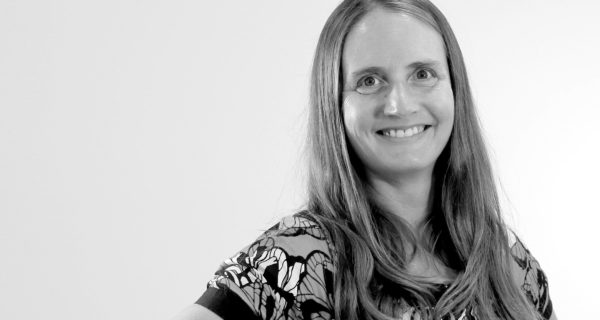Melissa Rosenkranz
Assistant Professor of Psychiatry and Distinguished Chair in Contemplative Neuroscience at the Center for Healthy Minds
Hometown: Downers Grove, Illinois
Educational/professional background:
Ph.D., Psychology, University of Wisconsin–Madison
B.S., Psychology, University of Wisconsin–Madison
Previous position: Associate Scientist, Center for Healthy Minds
How did you get into your field of research?
Melissa Rosenkranz: As an undergraduate, I was really interested in the power of the mind over the body, even though I didn’t realize that was something I could do as a career or that it was its own field of study. When I started working with Richard Davidson just out of college, I was contributing to a study looking at the effects of meditation training on the immune response to the influenza vaccine. Ever since then, I’ve been the person interested in immune-related questions, which grew into my life’s work.
What attracted you to UW-Madison?
I began college as fine arts major. My high school studio art teacher suggested that UW-Madison would be a good place to consider because I wasn’t ready to commit myself to art school and wanted a broader education. He pointed out that UW-Madison had a very strong art department, but I could also get a great liberal arts education at the same time. I decided pretty quickly didn’t want to be art major because the pressure to produce art on rapid deadlines took the joy out of it for me. I then switched to science, and I actually think that science and art are similar in a lot of ways. I was drawn to the creativity inherent in science and the opportunity to try to understand unknown territory.
What was your first visit to campus like?
My first visit to campus was with two good friends from high school, and if that would have been the deciding factor, I never would have come here. It was one of those awful days in March that was brutally cold, gray and windy! As a first-generation college student, I didn’t really have many people around me to help me make the decision about where to attend, nor clear criteria that made me decide to come to UW–Madison. I looked to a person whom I trusted and who knew me well – my high school studio art teacher, who recommended this place.
What’s one thing you hope students who take a lecture or work with you will come away with?
In my position with the UW Department of Psychiatry, I’ll be giving lectures and working with students and professionals in training. This is an aspect of my position that I’m particularly excited about. It has always been a professional goal of mine to bring the knowledge I’ve developed over the years into the practice of medicine through working with future physicians, including medical residents, fellows and interns. My hope is that our latest understanding of mind-body interactions gets incorporated into how medicine is practiced – that it’s another potential route for promoting health and managing illness.







